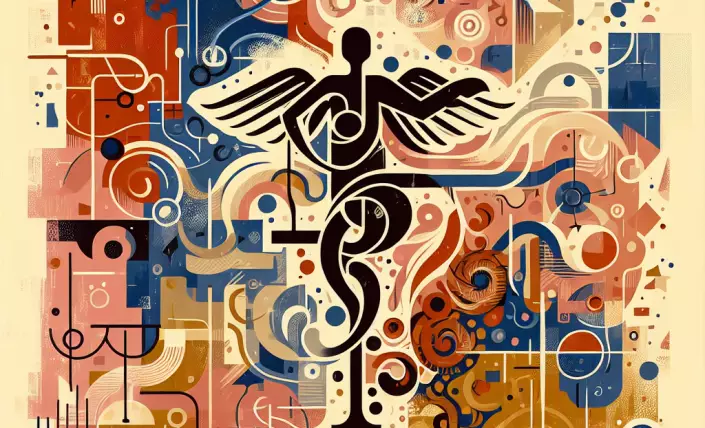In an era dominated by utility and functionality, where the worth of an object or action is often measured by its practical outcomes, the notion of beauty seems to have been relegated to a secondary status. This shift in values raises significant questions about the role of aesthetics in our lives. Roger Scruton, a profound advocate of beauty, challenges us to reconsider its importance, not just as an artistic or decorative concept, but as a fundamental element of human experience. Beauty, according to Scruton, is not merely in the eye of the beholder; it is a call to a higher order of understanding and appreciation, one that transcends the mundane and invites us into a realm of contemplation and fulfillment.
Scruton posits that beauty is a crucial aspect of our moral and emotional lives. It is not just about visual pleasure but about an engagement with the world that is inherently valuable. In his view, when we encounter something beautiful, whether it be art, nature, or even a well-crafted argument, we are momentarily lifted out of ourselves and into a shared space of understanding and appreciation. This experience is not trivial; it is a reflection of our deepest desires for harmony and meaning. In a society increasingly focused on material success and efficiency, Scruton's philosophy prompts us to ask: what is lost when we ignore beauty? How does this neglect impact our sense of community and personal fulfillment?
Furthermore, Scruton challenges the prevailing notion that beauty is subjective and therefore irrelevant in a world driven by objective results. He argues that beauty has an intrinsic value that appeals to our rational and emotional faculties, offering a form of knowledge that is as potent as any scientific fact. This knowledge is not about utility but about enrichment, providing a sense of belonging and identity. In recognizing beauty, we affirm the world as a place worth inhabiting and preserving. Scruton's reflections encourage us to seek beauty in our daily lives, not as an escape from reality but as a deeper engagement with it, urging us to re-evaluate our priorities in a culture that often dismisses the non-utilitarian as superfluous.










